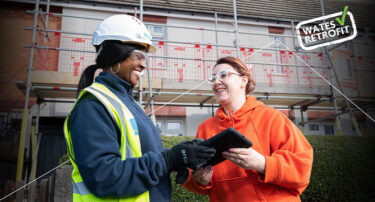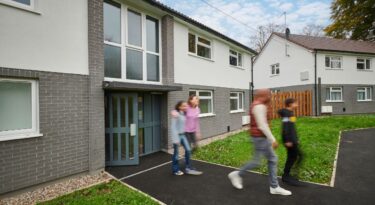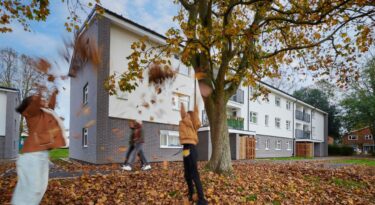While the headlines from Michael Gove’s housing speech on 23 July may have focused mainly on a renewed commitment to building one million new homes by 2024 and for more homes to be built in city centres – the Government also announced new measures for permitted development – relaxing previous restrictions around changing buildings like shops and offices into homes.
Steve Beechey, Group Public Sector Director, offers his insights on how Gove’s housing speech could spark a retrofit revolution.
The pandemic has prompted a seismic and permanent shift in the way we work today – meaning that organisations are having to seriously revise their property portfolios – and over 70,000 properties have already been turned into homes under permitted development rights. For example, a few years ago, We managed a project for Birmingham City Council where we converted a disused 20-storey tower block into temporary homes for 160 families who had been living in emergency bed and breakfast accommodation.
Local authorities will want to see empty buildings being put to good use to solve housing shortages – at least in the short term – but they might also consider the potential the policy has to boost the Government’s ambition to reach net zero by 2050.
As the UK’s built environment contributes significantly to greenhouse gas emissions – around 40% of all UK emissions – it makes sense to see what can be done with existing buildings, which already contain many thousands of tonnes of embedded carbon, before knocking them down and starting again. In fact, around 80% of the buildings we’ll have in 2050 have already been built and we will need to retrofit 3 homes per minute to meet the UK’s emissions targets.
The future isn’t just new build – it’s retrofit. If local authorities and developers re-purpose more defunct shops and offices into homes, then we will save significant levels of carbon at a stroke. Work will be required before these properties can be deemed as decent homes, but by retrofitting them to bring them up to EPC C and above, we’ll be reducing carbon further, as well as helping new residents benefit from drastically reduced heating and energy bills.






